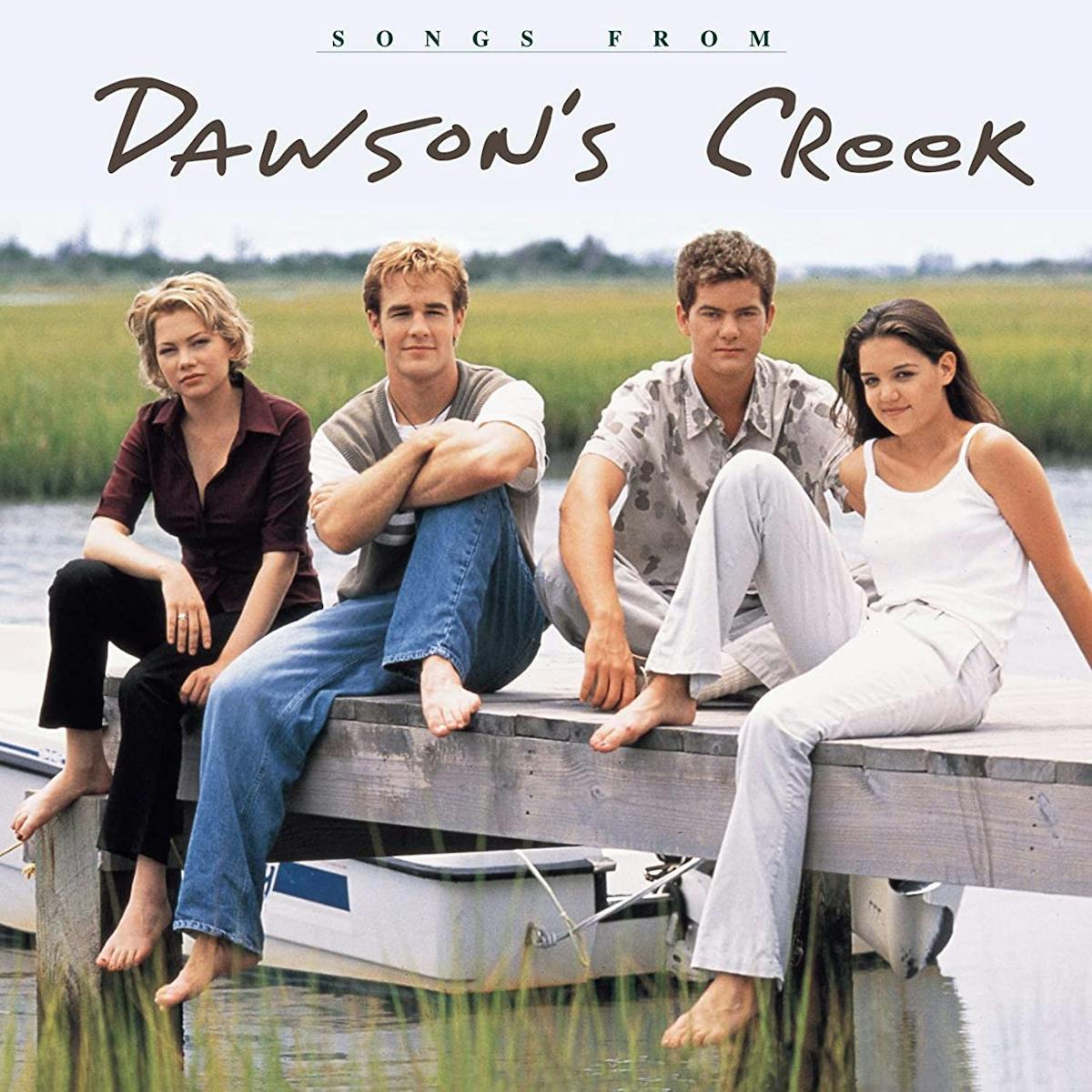If you abstract from the very real impact these dystopian restictions have on our lives, there is a certain academic pleasure to be had in analysing just how bad the policymaking around COVID has been.
My favourite example of this is without a doubt the decision by the Brussels region to make facemasks mandatory in outdoor public places, with a hefty fine for non-compliance. I’m sure Brussels isn’t alone in this measure, but as I limit my exposure to the news and as travel is not allowed, I can’t comment on how this might be administered in other places.
But the Brussels face mask law manages to break every one of my principles of good policymaking. Here goes:
A good law should be
- Effective in achieving its stated aim (if enforced). We know, from multiple sources, that there is no scientific evidence supporting the use of face masks in the community setting. Randomised control trials on influenza-like illnesses have shown, for decades, that they either do nothing, or do next to nothing, to slow infections. Where they have been proven effective is in hospital settings, when used by trained professionals, in conjuction with other hygiene measures.
- Proportionate to the aim. Formally, proportionality means it should be the least burdensome way of achieving a stated goal. But as stated above, there is no evidence that the measure can achieve its stated aim, it cannot be said that the measure is proportionate to this aim. Indeed, much of the ‘wisdom’ behind the face mask rule seems to repose on the fact that, while it has no measurable benefits, it is also not really that onerous a requirement to impose (I question this – see below).
- Transparent and clear in its application. The rule as written makes exceptions for anyone who is a jogger or is in the act of drinking or eating. There are less clear, but de facto just as real, exceptions for smokers. But what is a jogger? If I am kitted out for a jog, but decide to only walk, am I in breach of the law? What if I stop for a short breather? Should I put on my mask? What if I am walking very briskly or even running, but not wearing the requisite sporty outfit? Does the face mask rule come with a description of what is the appropriate sort of attire which permits one to be outside without strapping a piece of cloth to one’s face? What if one has an unlit cigarette dangling from one’s lips, which one leaves there for several kilometres? What if one’s juice bottle is nearly empty and one holds it, nursing the last few drops as one strolls from Berchem-St Agathe to Fort Jaco?
- Fair. Good laws do not have a disproportionate impact on the poorest citizens. But this one clearly does: If you have the good fortune to live in a large house with a garden, you can enjoy time outside with the sun on your face. But if you live in a little apartment, you will be denied this pleasure for months at a time.
- Enforceable in a consistent manner. There is no way to enforce such a measure, even if clear criteria for its application could be assured. Simply put, there are too many people in the city and too few police to enforce this rule. Consistent enforceability is really important. Without it enforcement becomes a sort of lottery. This is very toxic for both the community and the enforcers themselves. Having unenforcable rules languishing on the books creates an environment in which the citizenry grows wary of police contact, generally unsure whether or not they might get called out for a breach of some half-forgotten law. On the opposite side, there is the risk that enforcement becomes arbitrary, giving to the enforcer the discretion to punish at will. To be clear, this is not something a well regulated state should tolerate: Police enjoy a monopoly on physical force with very clear strings attached; they must exercise that power with a minimum of personal discretion. Anything else opens the door to discrimination and abuse of power.
- Free of unintended consequences. The list of unintended consequences from forcing an entire population to cover its face in public is very long indeed. First is the loss of public discourse and social interaction, leading to psychological distress and isolation. Then there are the costs for hearing impaired people who rely on lip reading to participate in public life. Then there is the risk of criminal activity from criminals being allowed to walk about freely in disguise. Then there are the (albeit evidence-free) claims of adverse health effects from mask usage. Then there is the financial cost, the environmental burden, and the list goes on.
- Measureable in its impacts. For any law, it should be possible to perform a review, to assess using objective benchmarks whether or not the above criteria were indeed met. But for the facemask rule, there are no such criteria. How can we know if, in the absence of the measure, things would have been worse? This is why measures should be piloted first, tested to see if they work. It happens that tests were done in the Netherlands, and on the basis of them, the Dutch took the decsion not to implement outdoor facemask rules. Could the Brussels authorities not have learned from the example of their Dutch neighbours, and refrained from muzzling the entire population?



